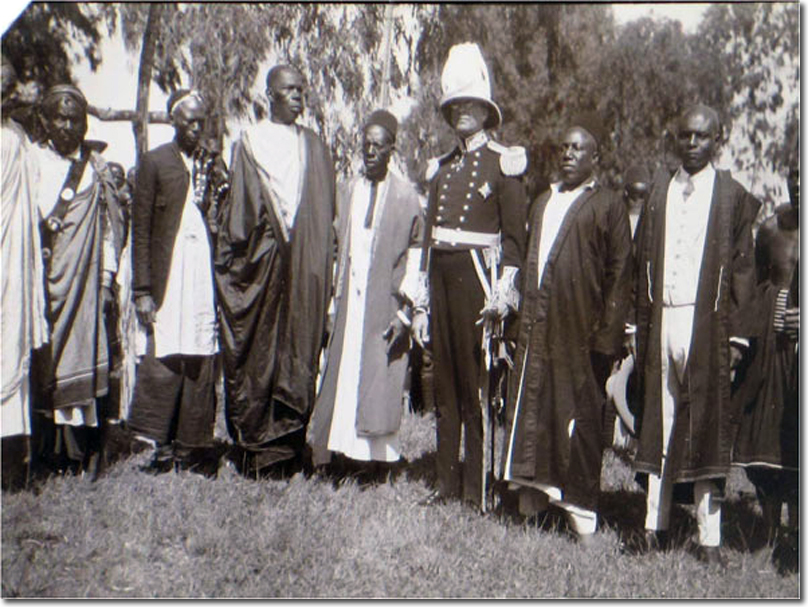|
|


|
|
In 1924, Cameron was appointed governor and commander-in-chief of Tanganyika, arriving there in 1925. The former territory of German East Africa had been awarded to Britain by the League of Nations under mandate in 1922, but little development had taken place before Cameron took over. In developing indirect rule further, he gave the chiefs wide powers of administration, jurisdiction, and control of their own budgets, but at the same time he believed in firm central control of the main policy decision making process. Aware that indirect rule through chiefs might produce a static society, he also respected the terms of the mandate which stressed the need for social progress, education, and training for eventual self-determination. Thus he encouraged rapid growth in the education system through government schools and state-aided mission schools, and he supported the founding of Tabora School for the sons of chiefs, which became the leading secondary school, at which many future African leaders of Tanganyika received their education.
Cameron created a new post of secretary for native affairs, which he filled successively with two very able men--Charles Dundas and later Philip Mitchell. They were to travel round the country and Cameron himself believed in travel as a way not only to gain knowledge of the people but also to 'show' himself as governor (in full dress uniform) and talk to them--a habit which gained him great popularity and respect. He established a legislative council in 1926 with twenty-three members, either officials or nominated members. British settlers and Indians were in it, though no Africans as yet, because Cameron considered their English insufficient. He believed in gradually building up a sense of responsibility in the native authorities, but distrusted ideas for more advanced ideas of democracy and 'exotic' devices such as the ballot box. Instead he wanted the growing African educated elite to gain experience first in the advisory councils of the chiefs--a policy which critics might say ignored the possibility that the elite might become impatient with the methods of traditional rule. His creation of an African civil service, however, provided at least one outlet for them. Cameron successfully built up the economy of the country, improving harbour facilities, and extending the main railway from Tabora to Mwanza on the shore of Lake Victoria, to benefit the central and north-west districts. He established a labour department, abolished forced labour and manual porterage, and refused to give priority to European settlement, insisting that the mandate stressed the paramountcy of African interests. New crops were encouraged, and Cameron resisted pressure from settlers to ban Africans from growing coffee. However, he warned against too much dependence on cash crops and took care not to press Africans to grow more than they wished. When he left in 1931 revenues had been increased by 83 per cent, recurrent expenditure by 53 per cent, and there was a healthy government surplus. In addition, Tanganyika had purchased five aeroplanes in 1930 for survey work--the first colonial or mandated territory to do so. Photograph courtesy of National Archives |
Armed Forces | Art and Culture | Articles | Biographies | Colonies | Discussion | Glossary | Home | Library | Links | Map Room | Sources and Media | Science and Technology | Search | Student Zone | Timelines | TV and Film